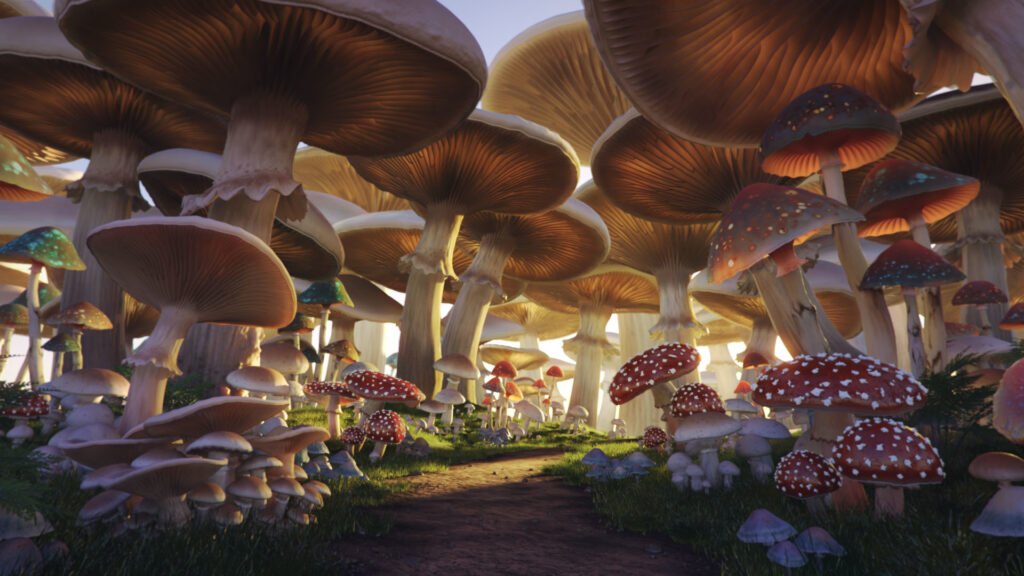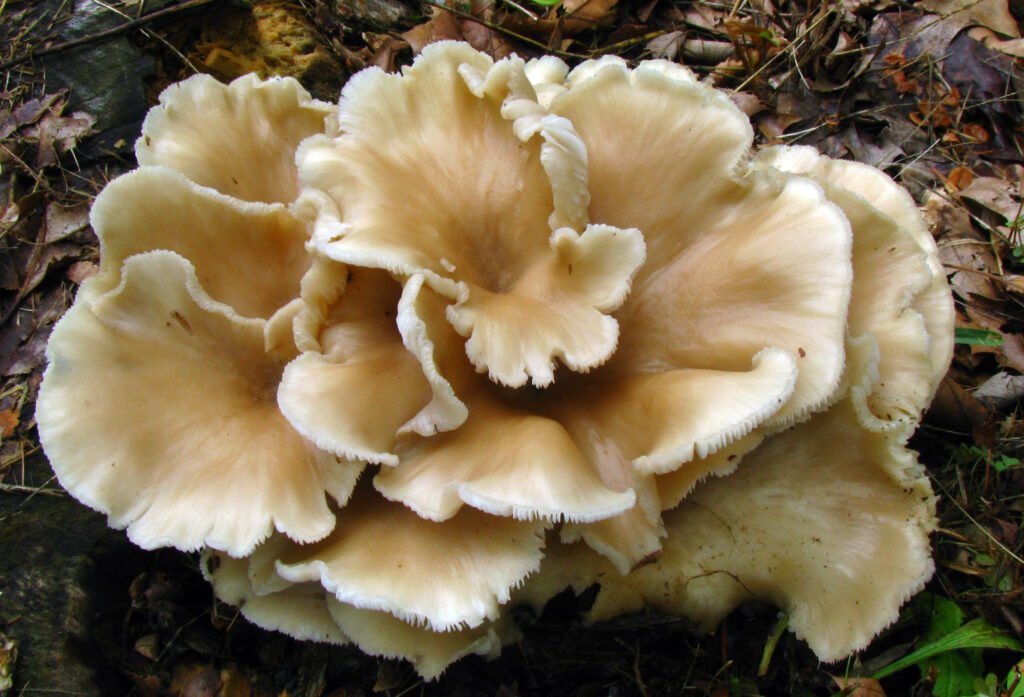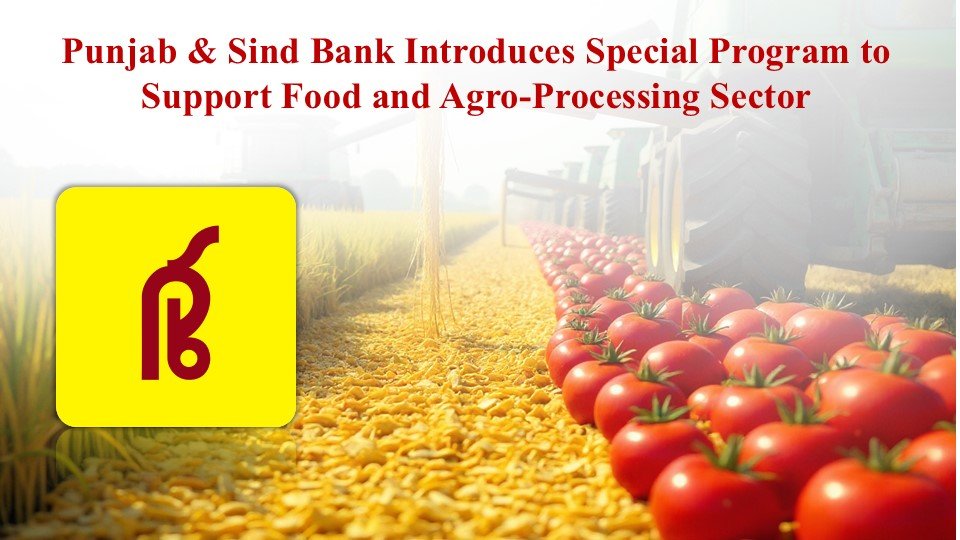Mushroom Veg or Non Veg? Learn about the debate surrounding whether Mushroom Veg or Non Veg including their scientific classification (Fungi), nutritional benefits (protein, fiber, vitamins, minerals), and the presence of chitin and spores.
The question of whether mushrooms Is Veg or Non Veg? It’s been a topic of curiosity and debate amongst people for many years now. While mushrooms have a unique place in the culinary world, their classification raises interesting questions about their suitability for vegetarian diets. In this blog, we will delve into the debate surrounding mushrooms’ vegetarian status as well as their scientific classification, characteristics and amazing nutritional benefits.
Mushroom- a fascinating FUNGI
Mushrooms, despite their often plant-like appearance, belong to a distinct biological kingdom known as Fungi. Some characteristics of mushroom are listed below:
- Mushrooms come in various shapes, sizes, and colours.
- They are found in diverse habitats worldwide, including forests, grasslands, and even in decaying logs or underground.
- In addition to their culinary uses, certain mushroom species have been used in traditional medicine for their potential health benefits.

Read More:
Types of mushroom species found in India:
- Button mushroom
- Shiitake mushroom
- Portobello mushroom
- Straw mushroom
- Oyster mushroom
- Porcini mushroom
- Cremini mushroom
- Enoki mushroom
- Lion’s mane mushroom
- Shimeji mushroom

Fungal characteristics of Mushroom | Mushroom Veg or Non Veg
- Absorptive nutrition: Fungi obtain nutrients by secreting enzymes to break down organic matter and absorbing the resulting nutrients.
- Chitinous cell walls: The cell walls of fungi are composed of chitin, a tough, complex carbohydrate different from the cellulose found in plant cell walls.
- Reproductive structures: Mushrooms produce spores, which are the primary means of reproduction and dispersal. These spores are formed within specialized structures such as gills, pores, or other reproductive surfaces.

Image source: healthbenefitstimes
Distinction of Mushroom from Plant and Animal Kingdom
Mushrooms differ from plants in several fundamental ways:
- Lack of photosynthesis: Unlike plants, mushrooms cannot convert sunlight into energy through photosynthesis due to the absence of chlorophyll.
- Absence of roots, stems, and leaves: Mushrooms do not possess the typical plant structures for nutrient absorption, support, and photosynthesis.
- Mode of nutrition: Fungi, including mushrooms, obtain nutrients by breaking down organic matter externally and absorbing the released nutrients.
While mushrooms and animals are both heterotrophic, obtaining nutrients from external sources, they have distinct characteristics:
- Cell walls and eukaryotic structure: Animals lack cell walls and have different cellular structures compared to fungi which have chitinous cell wall.
- Different modes of nutrition: Animals consume and digest food internally, while mushrooms externally digest and absorb nutrients.
Read More:
- What is Black Wheat? Exploring Dynamic Black Wheat Benefits
- DeHaat: Sowing the seeds of Indian Agri-Revolution
Ethical Concerns of is Mushroom Veg or Non Veg?
Vegetarians adhere to dietary choices that exclude the consumption of animal flesh but the inclusion of certain foods, such as mushrooms, can raise ethical concerns and create confusion. In this section, we will address the ethical concerns of vegetarians and provide insights on the considerations.
- Understanding Vegetarian Ethics:
Vegetarians have different reasons for their choices, like caring for animals, environment and personal health. There are different types of vegetarians, some including dairy and eggs, while others avoid all animal products. These principles guide their dietary decisions.
- Mushrooms as Living Organisms:
Mushrooms are neither animals nor plants. They are in a separate group called fungi. Unlike animals, mushrooms lack a brain or nervous system, so they don’t experience pain or suffering. This difference is important when considering the ethics of eating mushrooms.
- Environmental Impact:
Mushrooms can be grown using minimal resources and often use agricultural waste as a growing medium. Mushroom cultivation can help reduce food waste and promote sustainability, which eliminates any environmental concerns.
- Personal Beliefs and Choices:
Vegetarianism is a personal choice, influenced by individual beliefs and values. While mushrooms are generally accepted by vegetarians, personal preferences and ethical considerations may lead some individuals to exclude mushrooms from their diets. Everyone’s approach to vegetarianism is unique.
Reasons Why Mushrooms can Considered Vegetarian | Mushroom is Veg or Non Veg
Is Mushroom veg? Is mushroom non veg? Mushroom is non veg or veg? Read this part to know the answer.
- No Animal Products: Mushrooms do not contain any animal products, such as meat, poultry, fish, or dairy. They are a plant-based food, making them suitable for vegetarian diets
- Widely Accepted by Vegetarians: Mushrooms have been widely accepted and consumed by individuals following vegetarian diets for many years. They are a staple ingredient in vegetarian cuisines around the world
- Lack of Central Nervous System: Unlike animals, mushrooms do not have a central nervous system or a brain. They lack the ability to feel pain or exhibit consciousness.

Role of Mushrooms in Ecology
- Decomposition and Nutrient recycling: Mushrooms are excellent decomposers. They break down organic matter, such as dead plants and wood, into simpler compounds, releasing nutrients back into the soil.
- Mycorrhizal association: Many mushrooms form mutualistic relationships with plants through mycorrhizal associations. Fungi help plants absorb water and nutrients from the soil in exchange for carbohydrates produced by the plants through photosynthesis. This enhances the nutrient uptake capacity of plants, promotes their growth and improves resistance to diseases
- Biodiversity creation: Mushrooms provide habitats and food sources for numerous organisms. They form complex networks of mycelium that extend throughout the soil, creating a vast underground ecosystem.
Mushroom is Veg or Non Veg | Nutritional value of Mushroom
- Calories: Mushrooms are relatively low in calories, with about 15-25 calories per 100 grams, depending on the variety.
- Protein: Mushrooms contain a moderate amount of protein, typically ranging from 2-4 grams per 100 grams.
- Carbohydrates: Mushrooms are low in carbohydrates, with approximately 2-5 grams per 100 grams.
- Fat: Mushrooms are very low in fat, usually less than 1 gram per 100 grams.
- Fiber: Mushrooms are a good source of dietary fiber, with approximately 1-3 grams per 100 grams, depending on the variety. Fiber is essential for digestive health and can contribute to a feeling of fullness.

Read More:
- Mastering the Art of Cold Storage Business for a Fresher Tomorrow
- Dry Flowers : A lucrative business idea
Beneficial uses of Mushrooms – is mushroom non veg
- Culinary Innovation: Apart from traditional culinary uses, mushrooms are utilized in innovative ways in modern cuisine. Chefs and food enthusiasts experiment with different varieties and incorporate them into dishes as vegan meat substitutes.
- Scientific Research: Mushrooms are of great interest to scientists and researchers studying various fields, including mycology (the study of fungi), biotechnology, pharmacology, and ecology.

- Medicinal Purposes: Certain mushrooms, such as reishi, shiitake and maitake have been used in traditional medicine for their potential health benefits. They contain bioactive compounds that are believed to support the immune system, reduce inflammation and have antioxidant properties.
- Environmental Applications: Mushrooms have been explored for their potential in bioremediation. Some mushrooms have the ability to break down or absorb pollutants, like pesticides and heavy metals, helping to clean up contaminated soils, water, or industrial waste.
- Nutritional Supplements: Mushrooms can be processed into nutritional supplements, such as powders, capsules etc. to provide doses of beneficial compounds. These supplements may contain specific mushroom extracts known for their health-promoting properties.
Conclusion
Ultimately, mushroom is veg or non veg scientifically, whether mushrooms are considered vegetarian or non-vegetarian can depend on an individual’s interpretation and personal dietary preferences. Regardless of the classification, mushrooms offer a wide range of culinary and nutritional benefits, making them a versatile and delicious addition to your meals. It is highly recommended to discuss ethical concerns with an open mind to keep mutual understanding and respect within the vegetarian community.
Latest Post
- January Issue 2026- Times of Agriculture Magazine
- Top 10 Agricultural Drone Companies in India
- December Issue 2025- Times of Agriculture Magazine
- November Issue 2025- Times of Agriculture Magazine
- Punjab & Sind Bank Introduces Special Program to Support Food and Agro-Processing Sector
- Beyond Classrooms and Gardens: How a Professor Turned His Passion into Purpose








